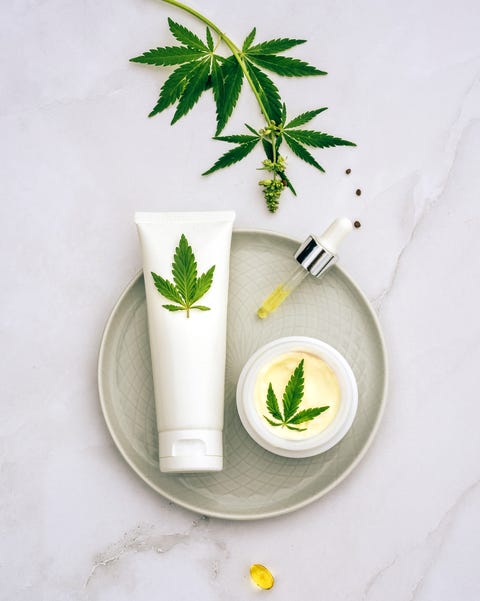Sha’Carri Richardson’s disqualification provides an excellent opportunity for sports organizations to evaluate their marijuana policies.
On June 28, U.S. sprinter Sha’Carri Richardson was suspended for one month by the World Anti-Doping Agency (WADA) for using cannabis, effectively disqualifying her from competing in the Olympics. The suspension of a gold medal contending athlete caught many by surprise and sparked a worldwide debate about marijuana use by athletes should be addressed. Many in the sports world quickly rushed to her defense, including Super Bowl MVP Patrick Mahomes of the Kansas City Chiefs, who called the suspension “ridiculous.”
WADA has three criteria for a drug to qualify for its prohibited substances list: (1) it represents an actual or potential health risk to the athlete; (2) it has the potential to enhance or enhances sport performance; and (3) it violates the spirit of sport.
Photo by Patrick Smith/Getty Images
According to a 2011 paper written by WADA scientists, marijuana satisfies all three of the criteria. First, “athletes who smoke cannabis or Spice in-competition potentially endanger themselves and others because of increased risk taking, slower reaction times and poor executive function or decision making.” Second, “based on current animal and human studies as well as on interviews with athletes and information from the field, cannabis can be performance enhancing for some athletes and sports disciplines.” Third, “use of illicit drugs that are harmful to health and that may have performance-enhancing properties is not consistent with the athlete as a role model for young people around the world.”

Copyright
© 420 Intel





